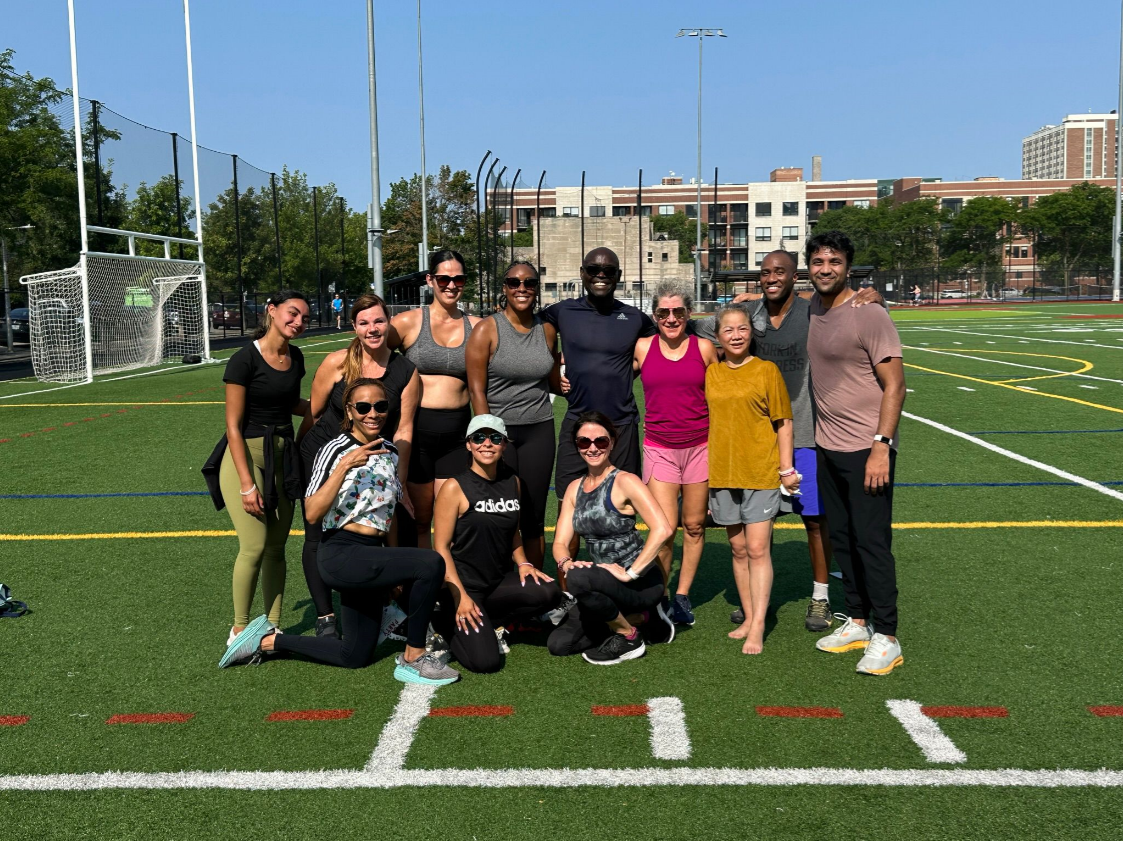Youth Empowerment and Wellness Program
Youth development health and wellness programs
Designing a comprehensive program for youth development, health, and wellness requires careful planning and consideration of various aspects that contribute to the well-being of young individuals. Below is an outline of the program, including key components and activities:
Objective:
The YEW program aims to foster the physical, mental, and emotional well-being of youth, equipping them with essential life skills and knowledge to lead healthy and fulfilling lives.
Duration:
The program will be designed as a 6-month intensive program, with the option for participants to continue their involvement in advanced modules or ongoing support after completion.
Key Components:
Health Education Workshops:
* Sessions on nutrition, physical fitness, and the importance of a healthy lifestyle.
* Understanding mental health, stress management, and coping strategies.
* Educating participants about substance abuse and its impact on health.
Physical Activity and Sports:
* Regular physical activity sessions, including sports, yoga, and exercise classes.
* Encouraging team-building and leadership through sports competitions.
Mental Health Support:
* One-on-one counseling sessions with qualified mental health professionals.
* Group therapy and peer support circles to create a safe space for open discussions.
Skill Development:
* Workshops on essential life skills, including communication, problem-solving, and decision-making.
* Career guidance and vocational training to enhance future opportunities.
Community Engagement:
* Community service projects to instill a sense of responsibility and empathy.
* Engaging participants in awareness campaigns on health-related issues.
Healthy Cooking and Nutrition:
* Cooking classes focusing on nutritious and affordable meals.
* Teaching participants how to make healthy food choices.
Mindfulness and Meditation:
* Practicing mindfulness techniques to reduce stress and improve focus.
* Guided meditation sessions for relaxation and self-awareness.
Guest Speakers and Inspirational Talks:
* Inviting experts and motivational speakers to share their experiences and insights.
* Exposing participants to various role models and potential career paths.
Physical Health Check-ups:
* Regular health check-ups to monitor participants' physical well-being.
* Referral to medical professionals if necessary.
Evaluation and Monitoring:
* Conducting pre-program and post-program assessments to measure progress.
* Regular feedback sessions with participants to identify areas for improvement.
Implementation:
The program will be facilitated by a team of qualified professionals, including health educators, psychologists, nutritionists, fitness trainers, and mentors. It will be conducted at community centers, schools, or youth organizations.
Funding:
Seek funding from government grants, corporate sponsors, and individual donors who support youth development initiatives.
Promotion and Recruitment:
Promote the program through social media, schools, and community outreach programs. Engage school counselors and local organizations to identify potential participants.
Evaluation:
Assess the success of the program based on participants' progress, feedback, and long-term positive changes observed in their lives.
Remember, the success of such a program relies on a safe and supportive environment that values diversity and inclusivity, promoting positive youth development and well-being. Continuously adapt and improve the program based on the needs and feedback of the participants.

